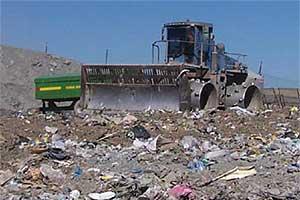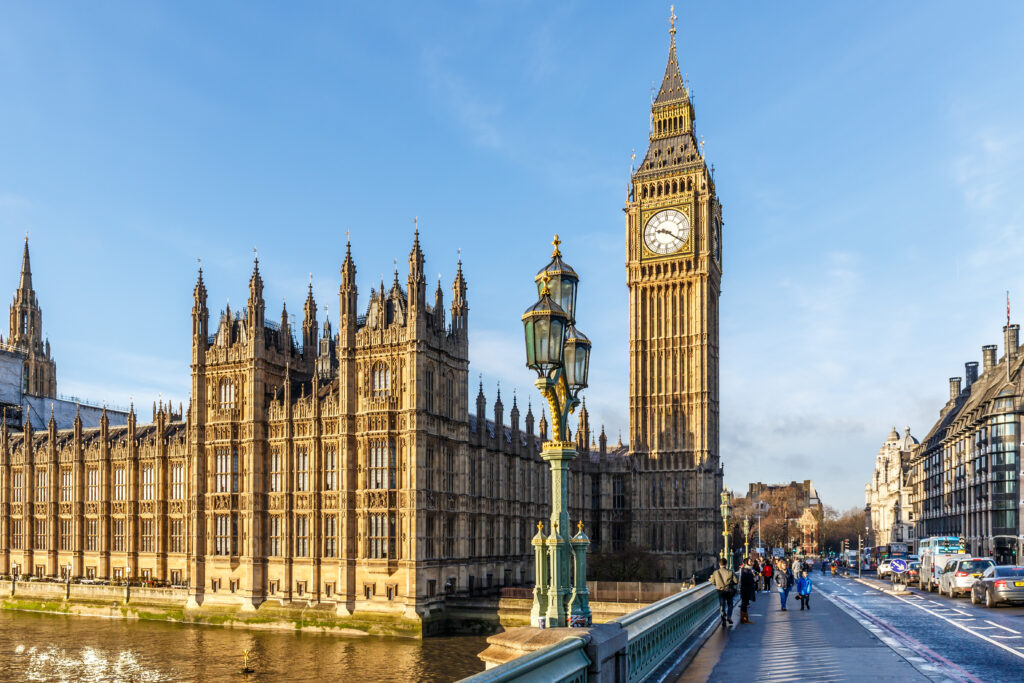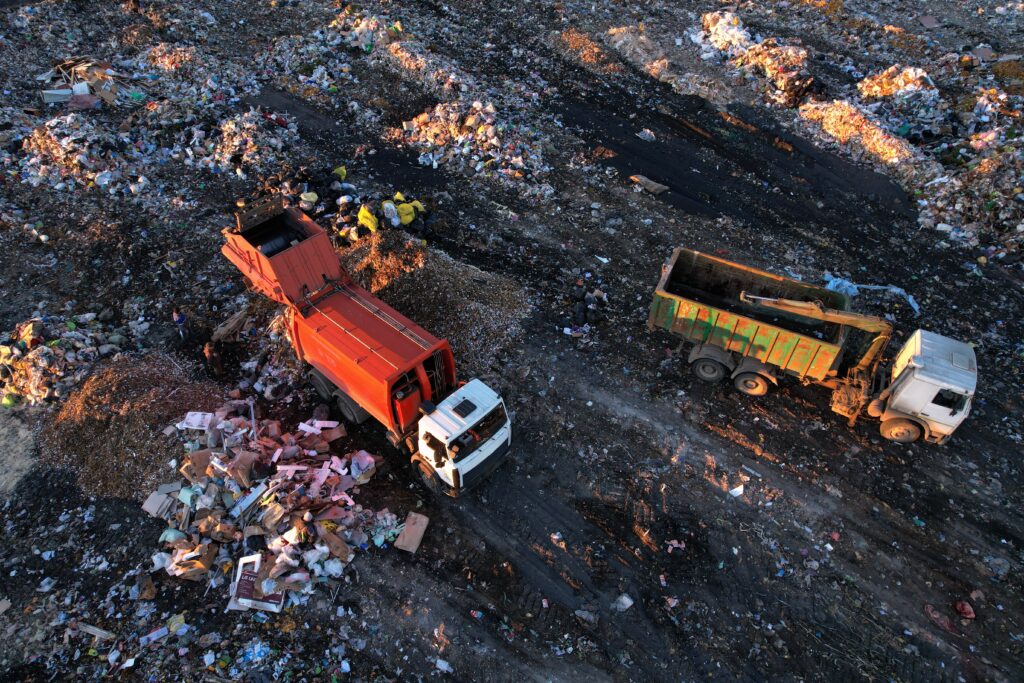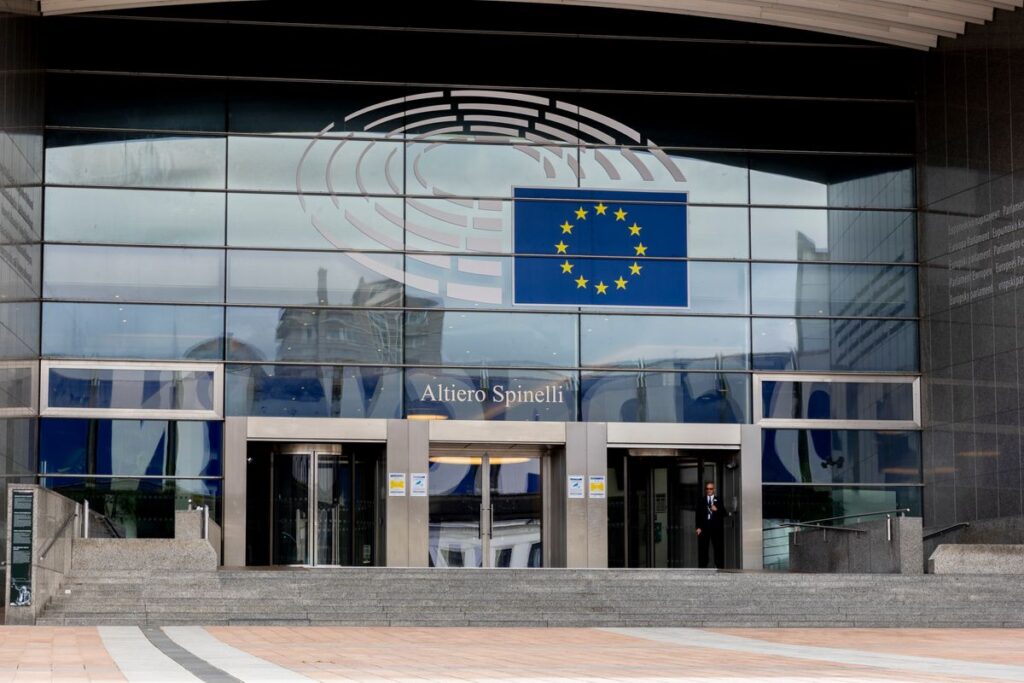Under the government's Low Carbon Transition Plan, individual departments and industry sectors are expected to meet emissions reduction targets which will help the UK as a whole to cut emissions by 34% compared to 1990 levels by 2020 (see letsrecycle.com story).
With the waste sector accounting for 25% of Defra's departmental carbon budget, the minutes explain that Defra has pledged to reduce landfill methane emissions by one million tonnes of CO2 by diverting waste from landfill.
However, Defra official Jonathan Mogford told the board that “calculating what contribution different policy measures are likely to make for the purpose of carbon budgets would be complex”.
Among the issues and possible action raised by the board, which has a cross-departmental membership, and also includes members from bodies including the Environment Agency and WRAP, were:
• A need to establish the “long term agenda” for waste
• Waste prevention – which could possibly have greater carbon savings than diversion, but the board also warned there was “potential” to increase carbon by waste diversion and prevention
• The Packaging Strategy “could be a contributor” to budgets
• Improving the evidence base for waste, with a priority need to commission work to address gaps in data
• Work to capture landfill gas from operational sites: the EA was talking to operators to quantify how much gas could be captured, but “it would require strong drivers for operators to commit to landfill gas capture”. Landfill gas emissions were identified as an area requiring action in the Low Carbon Transition Plan (see letsrecycle.com story)
• Behaviour change was recognised as “vital” to achieving carbon commitments and the Board said this should be reflected in the work
• The Board also said it would be waiting on the findings of research into the carbon impacts of material-specific landfill bans which is being carried out by Bristol-based consultancy Eunomia on behalf of Defra.
Action
At the meeting, the Waste Strategy Board stressed that it should be the “key driver” for delivering the waste sector's action on carbon budgets.
The minutes confirm that a “cross-Whitehall” working group has been set up to “coordinate action to reduce emissions in the waste sector”.
The 'Carbon Budgets Working Group' is being chaired by Neil Thornton, Defra's director of sustainable consumption, production and waste, and includes representatives from DECC, the department of business, the department for transport, the Treasury and department for communities and local government.
The minutes reveal that Defra is now expected to produce a first draft of a “structured set of indicators and milestones” to submit to DECC later on this month, and to also develop policy measures on how it intends to meet reduction commitments and provide input into the text of the Climate Change Plan by early January.
At an event last month, DECC said that the waste sector, along with farming and land, was expected to contribute to 4% of carbon savings between 2018-22 (see letsrecycle.com story).









Subscribe for free